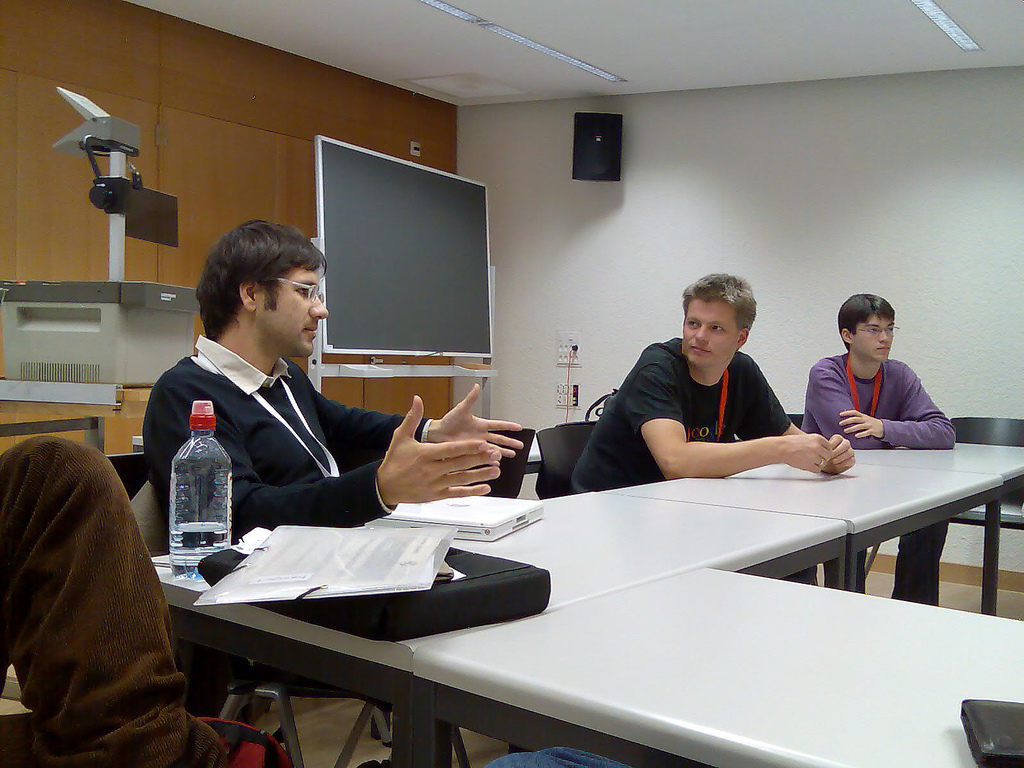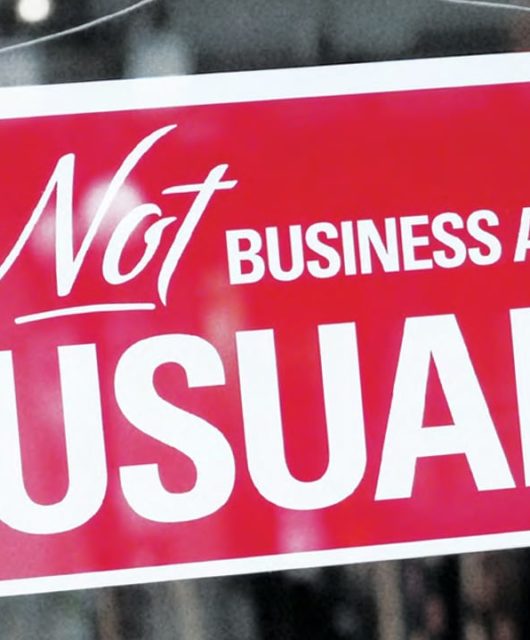Are You a Good Negotiator? Build Your Career around This Skill
Many people have a natural ability to diffuse tense situations. In all circles, there is someone who is the voice of reason when things get out of hand. What you might not realize is this skill can be used to shape your career, and it can be a very successful career at that. Mediators, negotiators, human resources personnel, and social workers must use conflict resolution daily in their jobs, and if you possess the ability to do the following, you might find this to be the right career path for you.
Are you a good listener?
According to info regarding ACU’s conflict resolution degree, being a good listener is the first step in being a good negotiator. Experts agree that failure to listen is the cause of most conflicts. You must be able to hear both sides of the situation, and then you must encourage the conflicting parties to listen to each other as well. If you are able to listen to someone and not interrupt while he or she is speaking, this tells the agitated person that he or she is being heard, which is the first step in smoothing ruffled feathers.
Do you acknowledge what you hear?
After a person is done talking, do you acknowledge what you hear? Do you repeat back your interpretation of the concerns? You have likely heard, “Okay, what I’m hearing is…” at some point in your life, whether it was from a therapist, a school counselor, or even in film or on TV by an actor portraying a mediator. If you have, you know that this person is acknowledging he or she heard the concerns and confirming he or she understands them.
Do you set boundaries?
When you are in the midst of an argument, do you stop, breathe, and then set boundaries? In fact, do you set boundaries in your life? Another important step to conflict resolution is the ability to set and enforce ground rules for talks as they move forward. For example, you may tell the parties that they cannot disrespect each other during discussions. In order to do this for a career, you must set boundaries for yourself as well, especially if you want to become a social worker.
Case Western Reserve University relays the skills required to become a social worker, and one of the most important ones is “excellent organization and time management abilities.” Yes, you want to help people, but you cannot lose yourself. You must establish ground rules that allow for your personal life; otherwise, you’ll find yourself using your conflict resolution skills most often at home.
Are you committed?
Finally, are you committed to getting everyone in a room and keeping them there until a solution is found? Conflict resolution is attained only when everyone involved has a chance to speak his or her mind, the issues and concerns are acknowledged, the ground rules for peaceful exchanges are set, and the entire group becomes focused on a solution. Guess what? You’re the person who must encourage that focus. If this sounds like you, you may have a career in conflict resolution.










